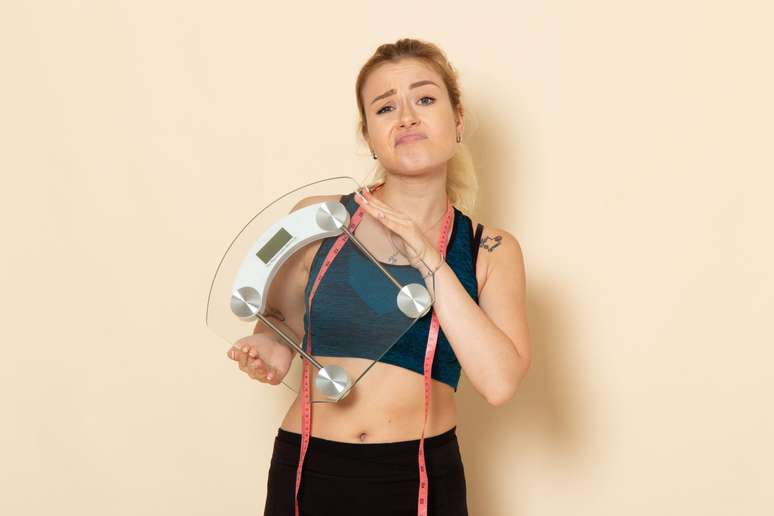Taphenoquine is able to cure the patient with a single dose and can help reduce the spread of the disease
OR Ministry of Health decided to incorporate into Single Health System (SUS) a new drug for the treatment of malaria. A taphenoquine is able to cure the patient with a single dose, which increases the effectiveness of the treatment and can significantly reduce the spread of the disease. The incorporation ordinance has already been signed and is expected to be published in Official Journal of the Union on Tuesday.
With the decision to incorporate taphenoquine into the SUS, the expectation of the portfolio is that the drug will be available in the second half. Approved by the National Health Surveillance Agency (Anvisa) in 2019, tafenoquine is an innovative drug in the treatment of malaria and in the fight against malaria infections. Plasmodium vivax, the most common type of disease in Brazil. According to the Ministry of Health, about 80% of cases in the country are Plasmodium vivax.
Brazil was the first malaria-endemic country in the world to authorize the use of the drug in 2019. The indication is that tafenoquine is used in patients 16 years of age and older and who have glucose-enzyme activity 6-phosphate dehydrogenase (G6PD ) demonstrated by rapid test. Those who do not have enough enzyme activity should use traditional treatment.
Data from the Ministry of Health show that, in 2022, Brazil recorded about 108,000 cases of malaria caused by Plasmodium vivax, whose patients were probably infected in the country. In total, 128,864 cases of the disease were reported in the country where the infection occurred in the national territory.
“Brazil becomes the first country to incorporate this medicine and we will be at the forefront. We will lead this movement,” said al Stadium the secretary of health and environmental oversight, Ethel Maciel. “The big improvement it will bring is the possibility of a single dose. For those more remote regions, where the main cases are found, especially in indigenous communities, this medicine offers a possibility much more feasible and closer to what we need to eliminate malaria as a public health problem”.
Currently, SUS uses chloroquine and primaquine to treat malaria. Combination drug treatment, in general, is given in seven doses, which makes efficacy difficult once patients stop treatment. Last week the National Commission for the Incorporation of Technologies in the Unified Health System (Conitec) approved the indication for use of the drug, the effective use of the drug depended only on a decision by the Ministry of Health and the publication of the order.
“In general, we do a controlled dose (from primaquine and chloroquine) or even delivery without being sure that the person will take it. What we have seen is that, when the patient improves, he ends up not taking all the doses. With this possibility of a single dose, we strongly believe that we will be closer to eliminating malaria in Brazil”, explains the secretary.
Source: Terra
Ben Stock is a lifestyle journalist and author at Gossipify. He writes about topics such as health, wellness, travel, food and home decor. He provides practical advice and inspiration to improve well-being, keeps readers up to date with latest lifestyle news and trends, known for his engaging writing style, in-depth analysis and unique perspectives.








